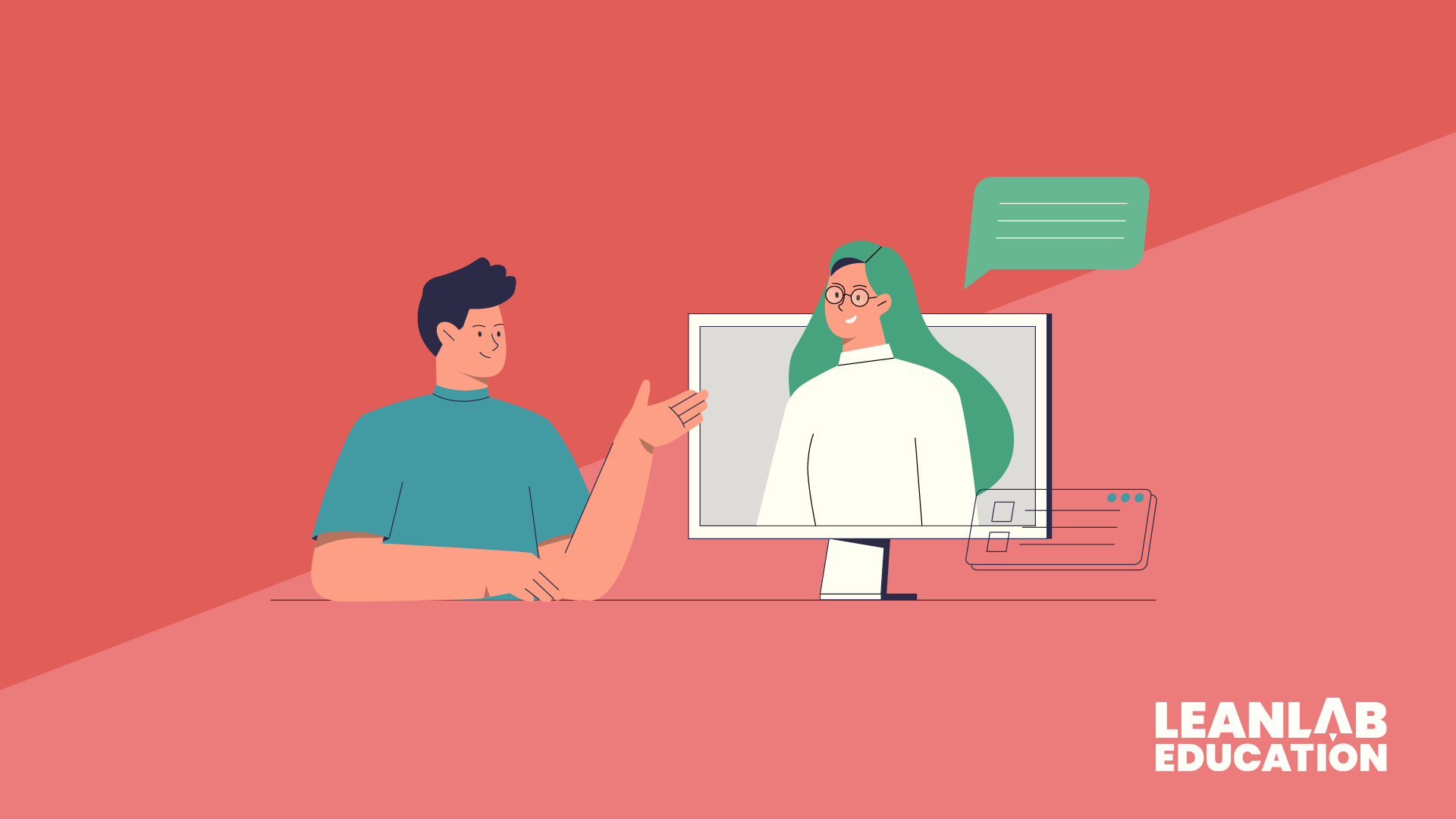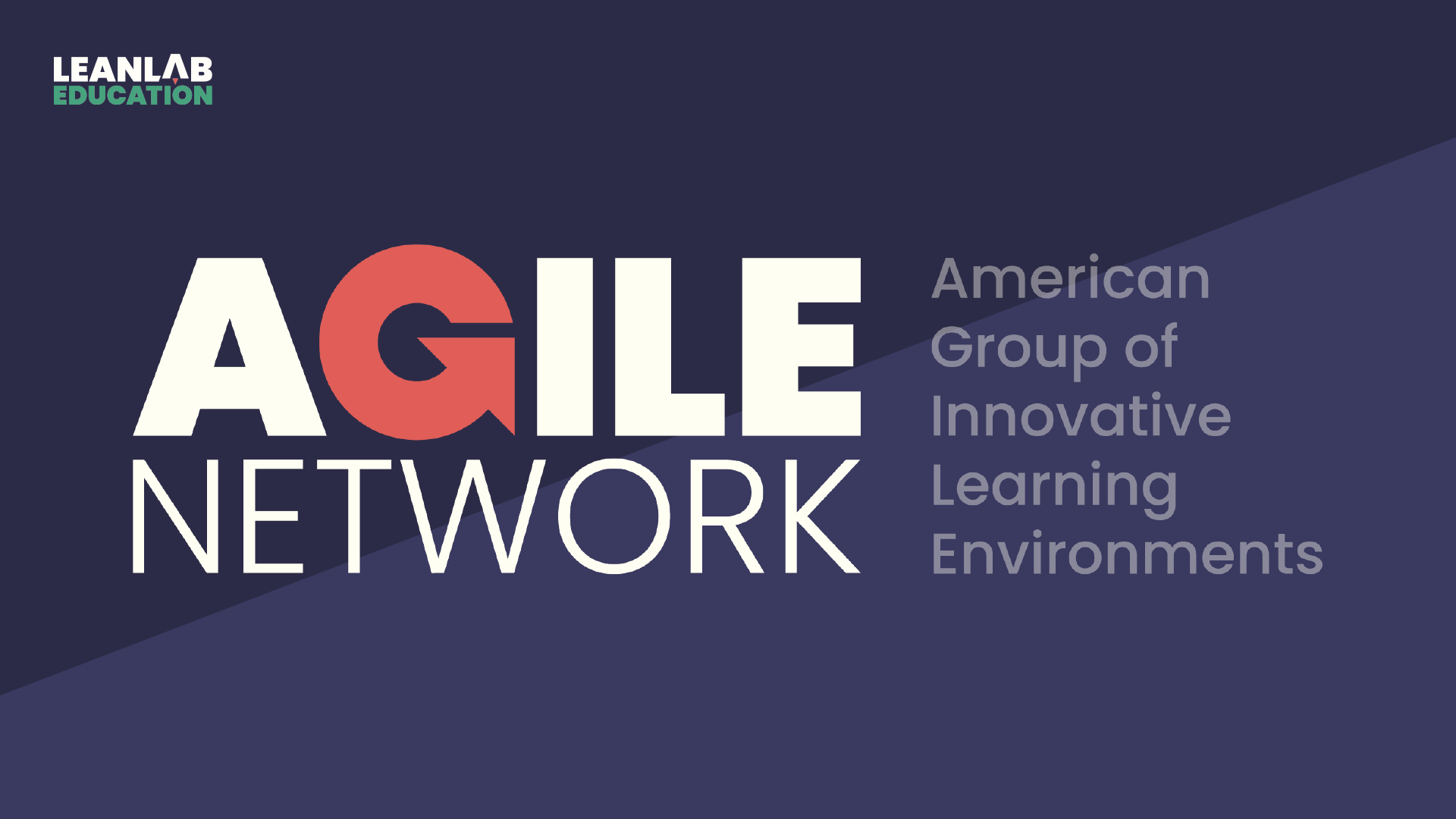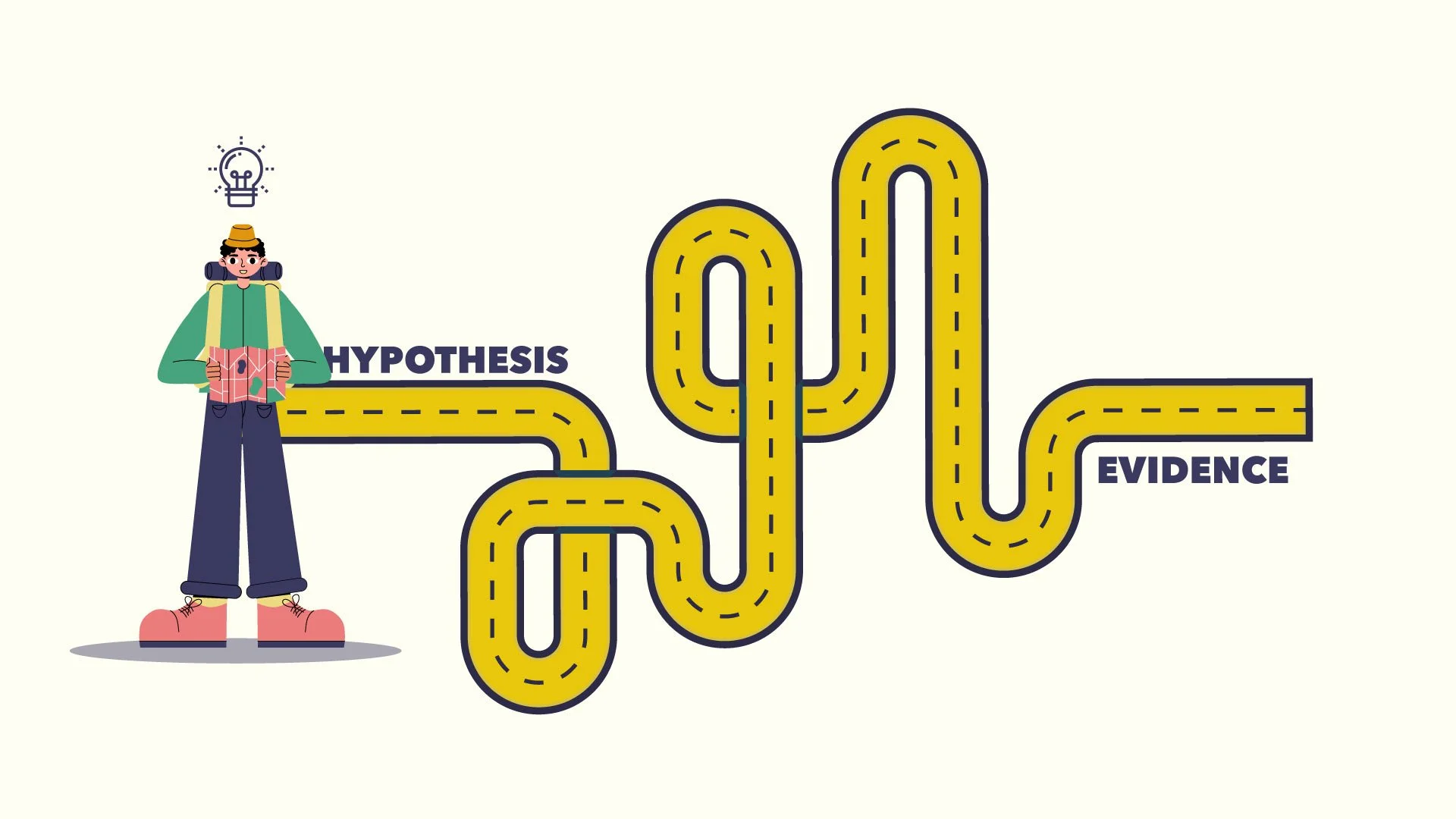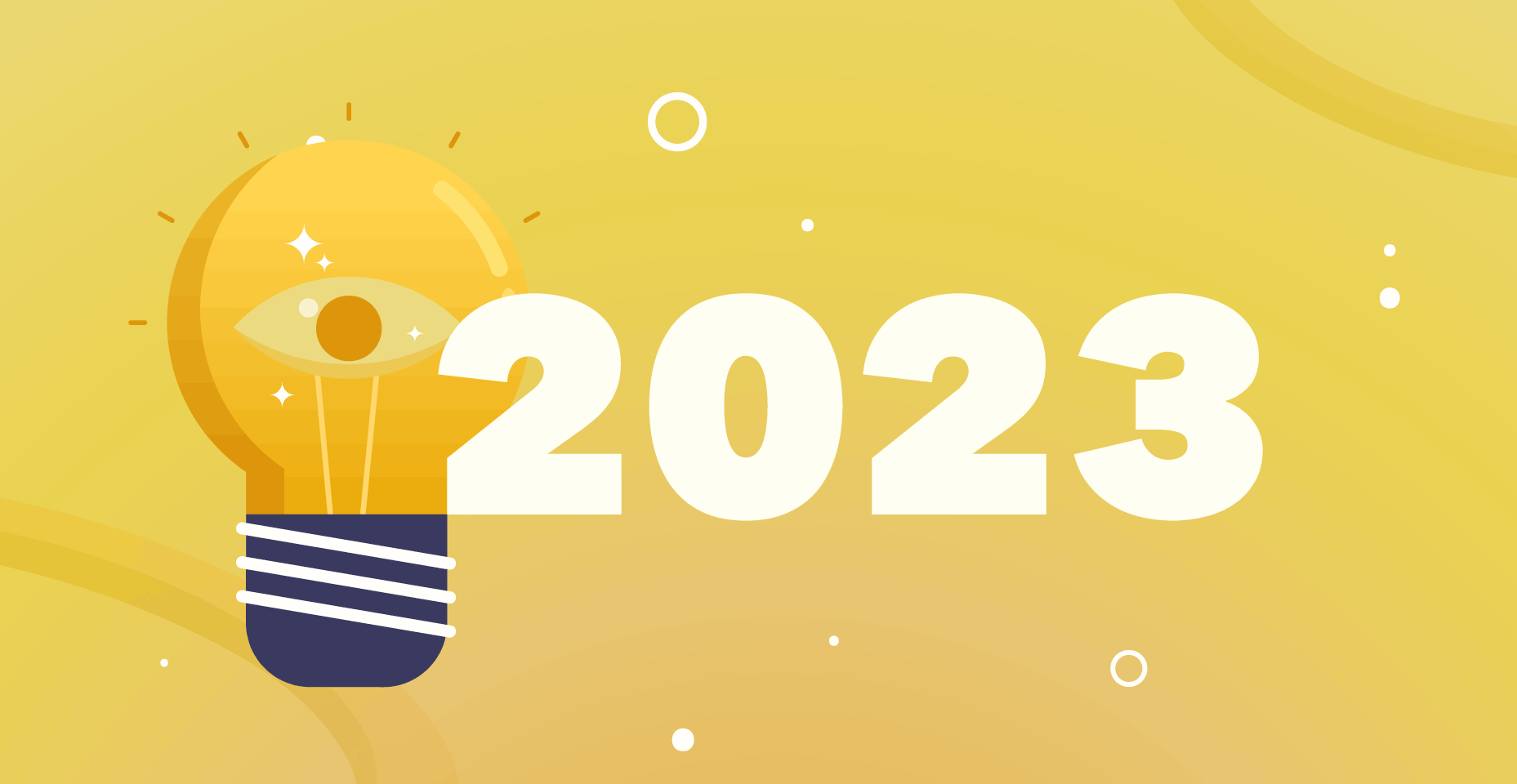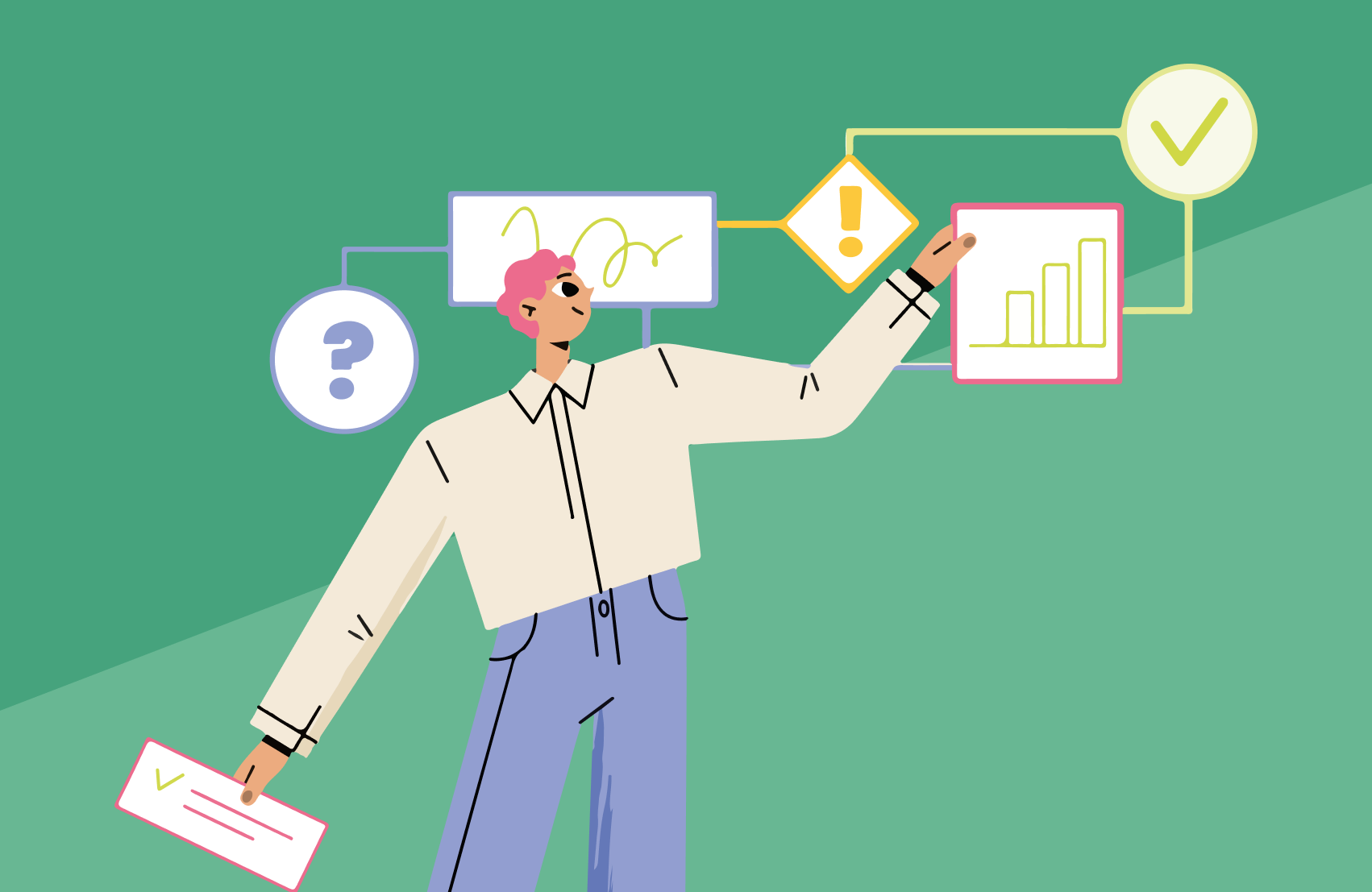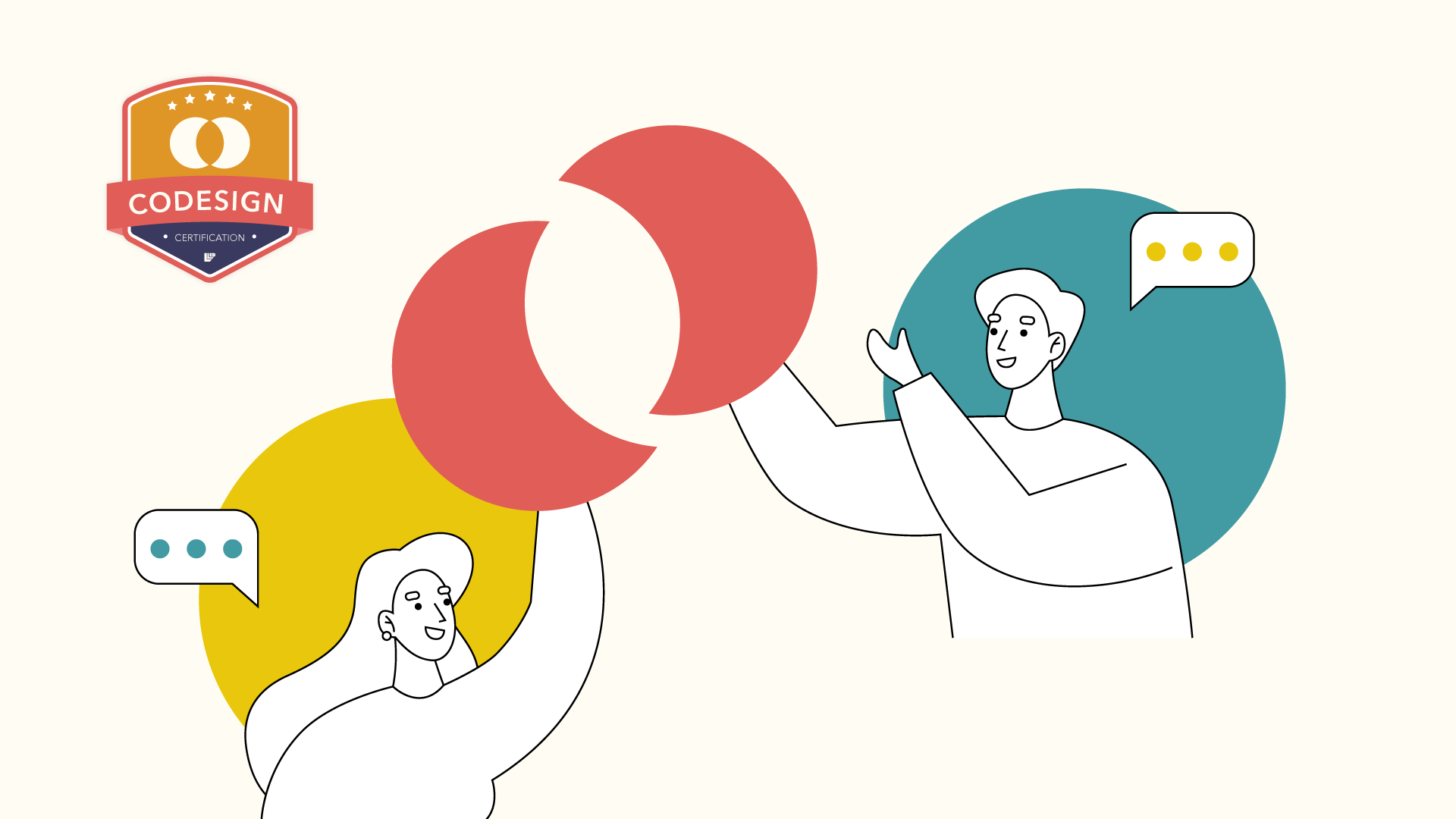BLOG HOME | TEAM | PRESS RELEASES | OPINION

The education industry is more dynamic than ever, with regular shifts in funding, policies, classroom needs, and available technology. So how can education technology companies navigate this instability while developing quality products and scaling their business?
Navigating the US education system is no small feat, especially for new or international edtech companies unfamiliar with its complexities. Leanlab Education’s Director of Edtech Partnerships Andy Midgette outlines key pathways to entering the US edtech market in a new video.
With the explosion of AI in education since ChatGPT’s release in November 2022, the edtech market has seen an influx of tools promising revolutionary changes to teaching and learning. But are these tools meeting real classroom needs? Leanlab Education set out to answer this question by working with five edtech companies, each developing AI-powered solutions, through codesign research involving over 40 teachers and their students across the U.S.
In a two-part webinar series, Leanlab researchers, entrepreneurs, and impact investors came together to discuss high-level learnings from Leanlab’s 2023-2024 AI research, recommendations for edtech companies developing AI tools, and the importance of building trust with educators through codesign.
In an article for Edtech Insiders, Leanlab CEO Katie Boody Adorno discusses the importance of inclusive innovation in edtech—particularly with the rapid development and adoption of AI technologies— and how organizations are collaborating to transform education R&D to better support educators and students.
Leanlab Education launched the American Group of Innovative Learning Environments (AGILE) Network at ISTELive24 with members from learning environments across the country, including school systems, teachers, and non-traditional learning environments. Comprised of education communities on the cutting edge of innovation, the AGILE Network works to accelerate the pace of education research and development.
Correlational research is a type of research that helps companies examine relationships between their products' usage and learning outcomes, engagement levels, and other user experiences.
In an interview with the Department of Education’s Office of Educational Technology, CEO Katie Boody Adorno reflects on Leanlab Education’s evidence-building partnership work with edtech developers and schools in response to the prompt, “Please describe Leanlab Education’s partnership work with edtech developers and schools to support evidence-building practices across the levels of evidence.”
Educators and students are the source of truth on the classroom experience, and they hold invaluable knowledge as the end users of many edtech products. Leanlab Education’s research taps into their expertise by bringing together innovative educators and school districts to collaborate with edtech companies seeking to solve real problems in education.
In an environment where top-down federal regulation demanding rigorous evidence of edtech is unlikely, we must work to leverage market forces for good. To do so, we need to work to find the middle ground between solution providers' natural go-to-market inclinations and revenue obligations and R&D; where do those two intersect? School Systems and Educators.
Usability testing is a type of product research that helps companies establish a better understanding of the mindset and experiences of people interacting with their product.
Edtech companies like Speak Agent are using research to codesign and evaluate their products with the input of educators, students, and parents at every stage of development.
What makes a school system “research ready?” What resources can be provided for them to become research ready? How can you purposefully design research studies with the constraints of schools at the forefront?
Despite the dire reports, we’re optimistic that 2023 is full of potential for radical transformation. We have been paying close attention to the dynamics of research in the edtech ecosystem and how it will impact education in the coming months and years.
Formative and summative research are used to evaluate product design. However, which of these two evaluations you conduct will depend on where you are in the design process.
The goal of an implementation pilot is to establish concrete guidelines for how an edtech tool should be used by educators and learners in an authentic context that creates and sustains long-term, quality engagement with the tool.
We’re learned a lot over the years conducting edtech research in authentic learning environments. Here are 12 lessons that changed the way we do research at Leanlab.
We’re excited to launch a new Codesign Product Certification verifies that qualifying, education-technology companies iterate their products based on authentic, school-community recommendations and feedback from Leanlab's codesign research process.
In interviews with over 240 teachers we found they’re are grappling with the social-emotional health of their students but are also finding success engaging with their students in-person to help them build these skills.
The best founders are embracing the idea that edtech should augment the good work schools are doing. They understand that to produce outsized results for school communities, they need to develop products in partnership with school communities.
We believe that any successful venture in education must contribute to the ultimate outcome of empowering learners to navigate and respond to the needs of an uncertain future.
This moment in time as a huge opportunity to change the way education is done and to leverage education at technology to propel student outcomes.
How can aspiring entrepreneurs strike while the iron is hot and secure funding for their ideas? What helps an entrepreneur’s idea stand out amongst the crowd?
The journey in creating and scaling companies for these EdTech founders is far from easy, however. There are myriad challenges staring at you as you begin creating a company in the EdTech industry.
In order to edtech company’s to prepare for long-term market trends, it’s more important than ever that they start conducting research and collecting evidence.
Virtual learning required choosing and implementing apps, software, and websites--a chore that affected schools and families differently based on their devices, connectedness, and time.
Amid the struggles that 2020 brought to all of us, here’s what I saw in action this year: educators are under-leveraged experts.




